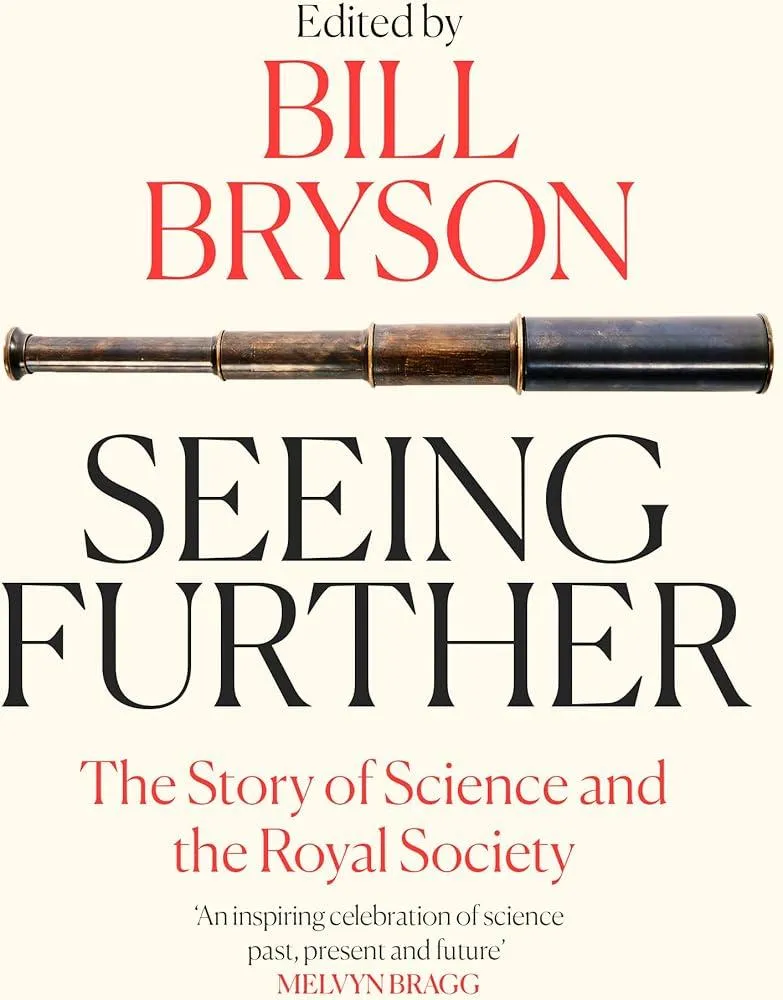Seeing Further
The Story of Science and the Royal Society
(Autor) Bill BrysonEdited and introduced by Bill Bryson, and with contributions from Richard Dawkins, Margaret Atwood, David Attenborough, Martin Rees and Richard Fortey amongst others, this is a remarkable volume celebrating the rich history of the Royal Society. Since its inception in 1660, the Royal Society has pioneered scientific discovery and exploration. The oldest scientific academy in existence, its backbone is its Fellowship of the most eminent scientists in history including Charles Darwin, Isaac Newton and Albert Einstein. Today, its Fellows are the most influential men and women in science, many of whom have contributed to this ground-breaking volume alongside some of the world's most celebrated novelists, essayists and historians. This book celebrates the Royal Society's vast achievements in its illustrious past as well as its huge contribution to the development of modern science. With unrestricted access to the Society's archives and photographs, Seeing Further shows that the history of scientific endeavour and discovery is a continuous thread running through the history of the world and of society - and is one that continues to shape the world we live in today.
Bill Bryson
Bill Bryson is an American author known for his humorous and engaging travel writing. His most notable works include "A Walk in the Woods," "Notes from a Small Island," and "In a Sunburned Country." Bryson's writing style is characterized by his wit, charm, and ability to make complex subjects accessible to readers. He has made significant contributions to the travel writing genre by blending personal anecdotes with historical and cultural insights. One of his most famous works, "A Short History of Nearly Everything," explores scientific concepts in a way that is entertaining and easy to understand. Bryson's impact on literature lies in his ability to entertain and educate readers while taking them on a journey around the world.






